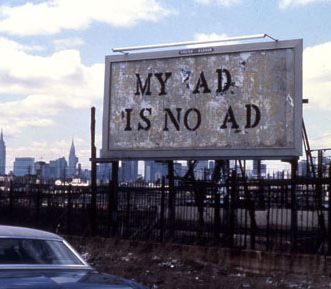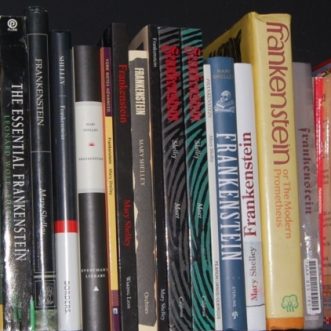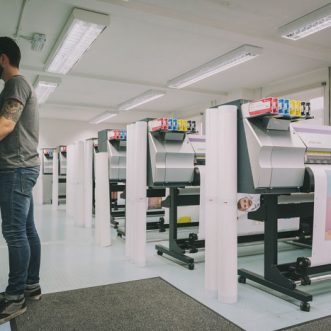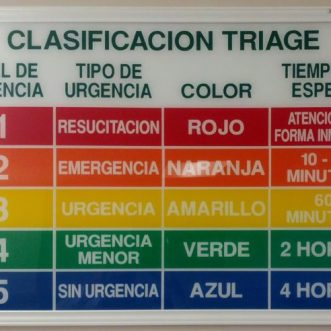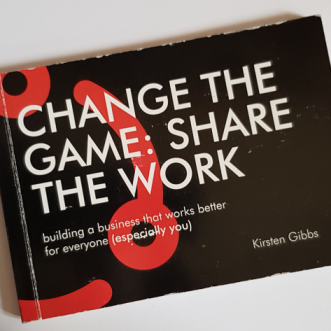February 12, 2020
I own a few thousand books, all of which I have read multiple times.
Why do I do this?
Because every time I read a book, I’ve changed since the last time I read it, so my interpretation of it changes. I see different things in it, notice different character traits, or different ways of using words than I did before.
I also own several editions of the same works.
Why do I do this?
Partly for practical reasons. Some editions fit more easily into a pocket than others. But mainly because the experience of the physical book is different in each case. Some have fine, almost transparent pages of thin, crisp paper. Others are thick, rough-textured. Some even have edges cut by the book’s first reader. Typefaces vary. The smell and heft of each edition is different.
You may think I’m weird (I know I am), but I bet you’ve re-read a book, or re-watched a film, or watched a remake of a favourite. You will have heard different versions of the same song, and sometimes preferred a cover to the original. I bet you’ve eaten the same dish at different restaurants, or at the same restaurant at different times. Not because you want it to be identical, but because ‘the same but different’ is interesting.
Repetition is comforting, reassuring. Repetition with variation is comforting, reassuring and enriching.
Something customer experience designers could learn from.
